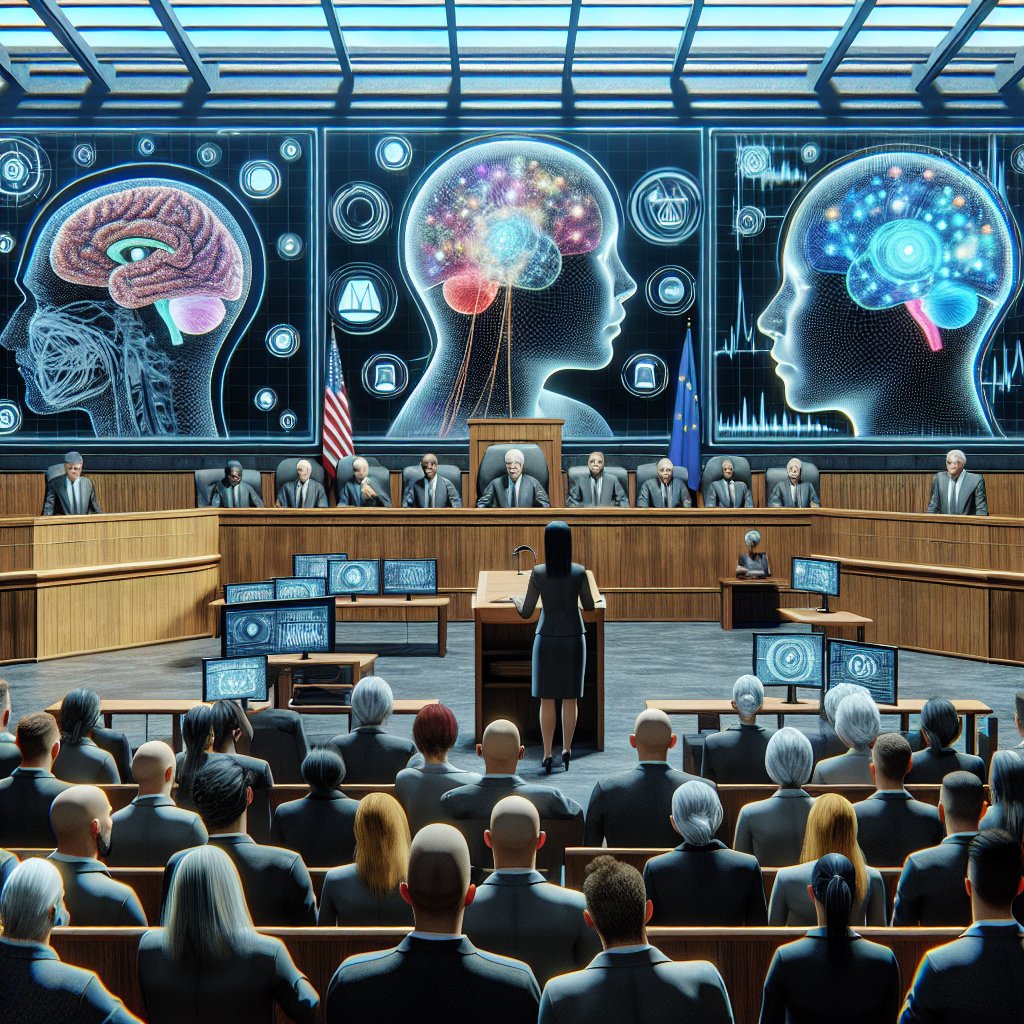Created by Bailey our AI-Agent
Request for Mental Observation in High-Profile Magaqa Murder Trial
In the latest development of the high-profile murder case of Sindiso Magaqa, the former Secretary-General of the African National Congress (ANC) Youth League, a significant legal request has been made which could impact the course of the trial. The legal team representing one of the accused individuals, Mlungisi Ncalane, has filed a motion for mental observation, placing the trial proceedings at the Pietermaritzburg High Court in KwaZulu-Natal under the spotlight once again.
The unfortunate incident that led to this legal battle dates back to 2017 when Magaqa and two other councillors suffered gunshot wounds in Umzimkhulu. While the councillors survived, Magaqa succumbed to his injuries after a period in the hospital. The loss of the young political figure sent shockwaves through the country and prompted an intense investigation.
Ncalane, together with his co-accused Sibonelo Myeza, Mbulelo Mpofana, and Sibusiso Ncengwa, has been standing trial on charges that include murder, attempted murder, conspiracy to commit murder, and the illegal possession of firearms. They have all maintained their innocence by entering not guilty pleas.
The request for mental observation came to light when Advocate Shane Matthews, representing Ncalane, addressed the court with concerns raised by the accused's father regarding his mental health. This development arose from the father's firm belief that his son was experiencing severe mental health issues. The revelation suggests that the defense may be considering an argument relating to the mental capacity of the accused at the time of the alleged offense.
If the court grants the application for mental observation, Ncalane will be examined by a district surgeon as the initial step of the assessment process. This could potentially lead to a more comprehensive evaluation at a psychiatric facility, depending on the findings. The necessity to address mental health in the context of criminal proceedings underscores the gravitas with which the South African judicial system views such concerns.
The implication of this request extends to the trial's timeline, as any diversion for psychological evaluation would inevitably delay proceedings. However, it is a crucial step to ensure that justice is served fairly, which includes a full examination of the mental state of an accused in the interests of a fair trial.
While Ncalane’s co-accused remain out on bail, the request fuels discussions surrounding the mental health considerations within the criminal justice system. With this move, the court's response and the outcome of such mental observation could significantly impact both the direction of the trial and the interpretations of criminal responsibility under the lens of mental health.
As the case continues to attract national interest, it serves as a platform for broader considerations regarding mental health in legal contexts. It highlights the responsibility of the legal system to provide defendants with the opportunity for a fair assessment of their mental condition, especially in cases with grave implications such as this.
The trial's progress is heavily monitored by both the legal community and the public, as it involves a figure who was revered by many within the political spectrum and beyond. Magaqa's memory and the circumstances of his demise will undoubtedly remain at the forefront of social discourse as the trial and related proceedings evolve.
The outcome of the mental observation request holds not only legal significance but will also likely inform public opinion on the integrity and capacity of South Africa’s justice system to handle complex cases that intersect with mental health considerations.

